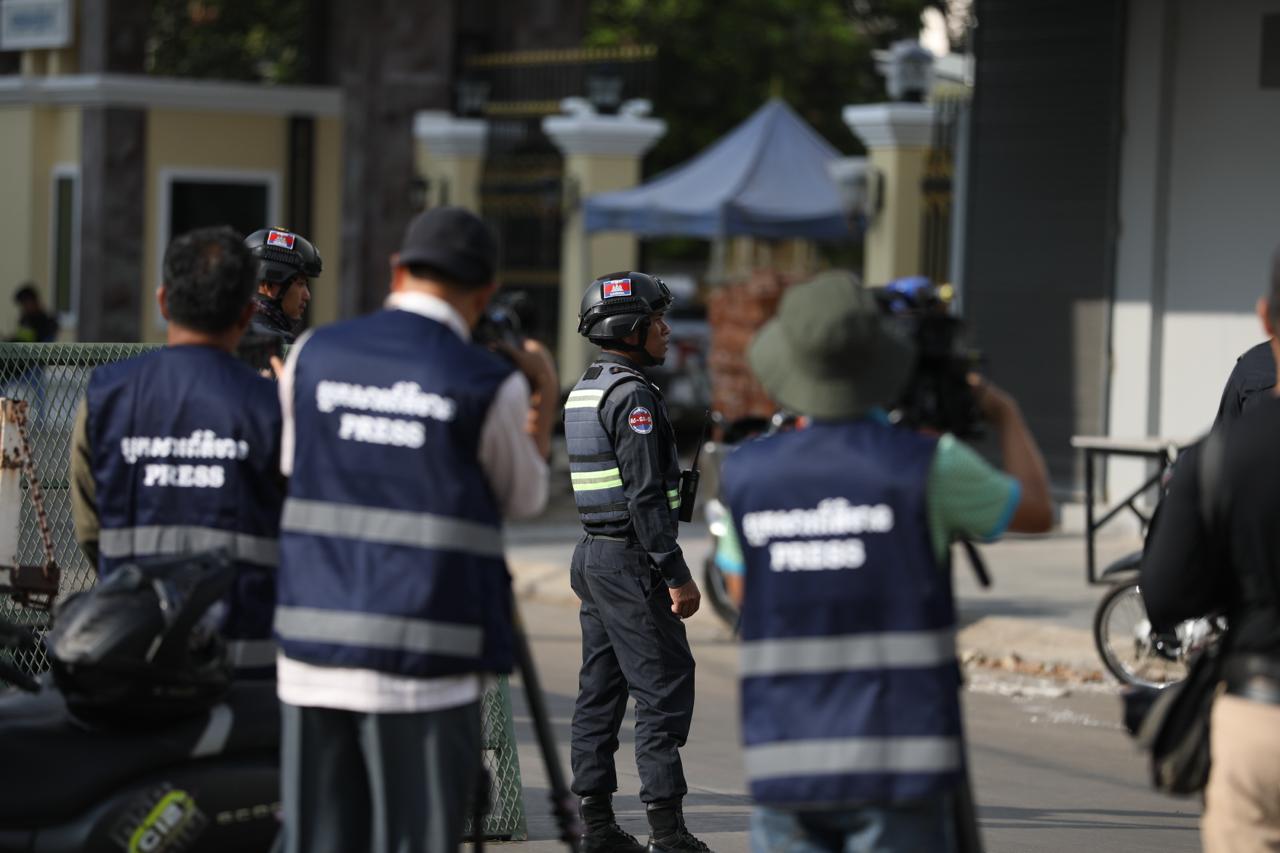Restrictions on journalism and self-censorship among journalists have increased following the eruption of violent conflict in July regarding the Cambodia-Thailand border conflict.

Cambodia’s media environment during the third quarter of 2025 (July–September) continues to face significant and escalating pressure, particularly in the context of the Cambodia–Thailand border conflict.
Independent journalism remains under severe strain, as national security concerns are increasingly used to justify restrictions on reporting. Journalists are required to seek official permission before covering conflict issues, and many have been detained, summoned, or prevented from reporting by provincial authorities. This situation reflects a broader trend of shrinking civic and media space in Cambodia, where freedom of expression and access to information are being increasingly curtailed.
Violations, often carried out by state actors, not only contravene Cambodia’s own constitutional protections but also breach international human rights obligations under treaties like the International Covenant on Civil and Political Rights (ICCPR), perpetuating a culture of impunity.
The findings in this report highlight the growing risks journalists face in the course of carrying out their professional duties. The documented violations reflect a broader trend of repression characterized by arbitrary legal threats and action, physical threats, and administrative actions lacking due process.
The intensifying restriction on civic space was also observed and highlighted by the UK’s Human Rights Ambassador, Eleanor Sanders, who urged Cambodia to implement the recommendations of the UN Special Rapporteur on the situation of human rights in Cambodia , particularly those aimed at strengthening judicial independence and allowing civil society to operate freely. Sanders emphasized that inclusive dialogue and stakeholder participation in the upcoming local and national elections in Cambodia (in 2027 and 2028) are essential to build legitimacy and stability. The statement also highlighted that a free press, active civil society, and respect for freedom of expression are vital to reinforcing democratic principles, promoting long-term prosperity, and enhancing Cambodia’s international reputation.
A vibrant press, active civil society and respect for freedom of expression will not only reinforce democratic principles, but also support Cambodia’s long-term prosperity and international reputation, the statement read.
From July to September 2025, CamboJA documented 23 instances of human rights violations targeting journalists and media outlets. The 23 recorded violations occurred in connection with 11 separate incidents, meaning that multiple journalists or media outlets were exposed to human rights violations in connection with the same incident or news reporting event.
This marks a 130% increase in the total number of human rights violations compared to the previous quarter, when 10 violations were recorded in connection to eight separate incidents.
Of the 23 violations, 21 cases were instances of legal intimidation. Legal violations accounted for 91% of the recorded total of violations. The legal intimidations recorded in this quarter represent a 250% increase compared to the previous quarter when there were six legal violations recorded.
Key findings include:
- 14 journalists were arbitrarily summoned/interrogated for questioning for in connecting to reporting on the Cambodia–Thailand border conflict, illegal fishing, and crime.
- Two journalists were placed in pre-trial detention on charges of treason after posting a picture with a landmine in the background on social media.
- Two journalists were detained for questioning in connection to reporting on the Cambodia-Thailand border conflict.
- Two journalists were arbitrarily detained for questioning over reporting drug crackdown.
- One journalist was threatened with physical harm by a group of Chinese men.
- One media outlet’s license was revoked by the Ministry of Information.
- One journalist was intimidated by local authority for reporting local road damage.
- Ten incidents (affecting 21 individual and one media outlet) were perpetrated by state actors.
The journalists exposed to violations in the third quarter are reporters, photographers, editors, producers, fixers, and publishers. A majority of affected journalists worked for online media outlets. Two of the targeted journalists were of foreign nationality, one Japanese and one American working for Japanese news agencies, The Sankei Shimbun and Nikkei. Four journalists exposed to violations were local journalists who work for international news agencies, including AFP, Nikkei and the European Pressphoto Agency. The remaining 17 journalists were from local online media.
The documented violations have resulted in severe consequences for individual journalists, resulting in restrictions on movement, damage to professional standing, forced admissions of wrongdoing or publication under duress, and internal relocation. Media outlets have also suffered adverse consequences, including content removal and outlet shutdowns. The findings reveal a pattern similar to those observed in the first and second quarters of 2025. This pattern of intimidation contributes to a climate of fear, leading to increased self-censorship among journalists and a chilling effect on public discourse, highlighting yet again the urgent need for systemic reforms to safeguard press freedom and ensure Cambodia fulfills its national and international obligations under human rights law.
The highest number of incidents took place in the Oddar Meanchey province, followed by Banteay Meanchey province and Battambang.
| City/province | Number of incidents | Number of violations |
| Oddar Meanchey (Province) | 3 | 12 |
| Banteay Meanchey | 2 | 2 |
| Battambang (Province) | 1 | 4 |
| Phnom Penh (City) | 1 | 1 |
| Kratie (Province) | 1 | 1 |
| Stung Treng (Province) | 1 | 1 |
| Preah Vihear (Province) | 1 | 1 |
| Svay Rieng (Province) | 1 | 1 |
| Total | 11 | 23 |
The continued use of arbitrary legal threats and actions to intimidate journalists and suppress critical reporting highlights a concerning pattern of legal intimidation. As previously highlighted by CamboJA, authorities are resorting to criminal charges, such as incitement and treason against journalists covering sensitive issues, instead of utilizing the civil remedies outlined in the Cambodian Press Law. This approach runs counter to international standards that protect freedom of expression. Such censorship and restrictions on journalistic work hinder the free flow of ideas, limit public access to information, and undermine meaningful participation in public discourse.
Between January and September 2025, CamboJA recorded a total of 47 instances of human rights violations against journalists and media organizations. Two of these affected women journalists. Legal safety violations remain the most common violation type. Of the 47 violations, 37 cases involved legal threats, legal actions, and legal harassment. Together, these account for more than 79% of the total violations documented to date. In addition, five media licenses were revoked in the first nine months of 2025. A total of five instances of physical assaults were documented in the same period. State actors committed 41 out of 47 violations, accounting for 87% of the total. Perpetrators ranged from local, provincial and national-level authorities.
Download the full report: Quarterly Monitoring Report on Journalism (July – September, 2025)
